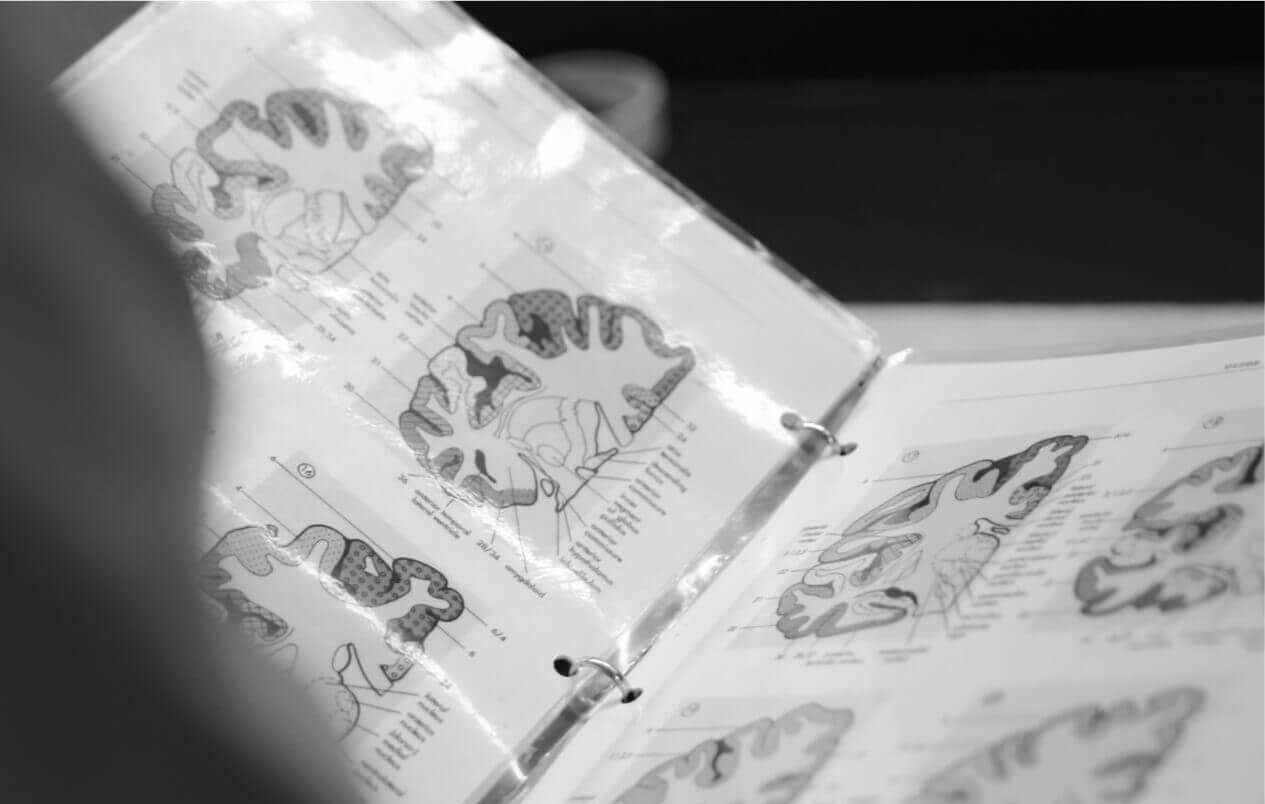Traumatic Brain Injuries: What they do to the brain
Concussions can have a lasting impact - whether it’s one or many. Brain donation can help researchers understand traumatic brain injuries and chronic traumatic encephalopathy.
Traumatic brain injury (TBI) occurs when a sudden, external force injures the brain. This can happen from impacts, such as car accidents, falls, sports injuries, or assaults. The injury can range from mild, such as a concussion, to severe, involving significant damage and long-term effects. The Centers for Disease Control and Prevention (CDC) estimates that approximately 2.8 million Americans sustain a TBI every year and about 50,000 of them die from the injury.
Symptoms of a TBI can vary widely depending on the severity of the injury. Mild TBIs might cause headaches, dizziness, confusion, or temporary loss of consciousness, while severe TBIs can result in persistent problems like memory loss, difficulty concentrating, mood changes, or physical disabilities.
Treatment depends on the severity of the injury and can involve rest, medication, physical therapy, or surgery. Early diagnosis and management are crucial for patients’ recovery.
Chronic traumatic encephalopathy (CTE) is a progressive neurodegenerative disease linked to repeated head injuries, including concussions and subconcussive impacts. It is characterized by the buildup of abnormal tau protein in the brain, which leads to damage in brain cells and affects brain function over time.
CTE can present with a range of symptoms that typically appear years or even decades after the injuries occur. These can include memory loss, confusion, impaired judgment, mood swings, aggression, depression, and sometimes suicidal thoughts. As the disease progresses, individuals may experience difficulties with motor functions, such as tremors and difficulty walking.
Currently, CTE can only be definitively diagnosed through a post-mortem examination of the brain. Researchers look for specific patterns of tau protein deposits and other characteristic changes in brain tissue.
Brain donation is critical for understanding more about TBI and CTE. Donated brains provide data for researchers on brain structure and function, which helps in understanding the progression of brain damage, and in developing new diagnostic tools and targeted therapies to better treat and manage long-term effects.
By understanding the underlying biological processes, researchers can develop targeted treatments or interventions aimed at addressing the root causes of ME/CFS.
What others have said after pre-registering:
“I grew up kickboxing and was never warned of the dangers of repeated head injury. Now I'm barely 30 and showing signs of dementia. No one believes me as to why. When I'm gone, show them the truth.”
– Registered Donor, J.C.
“I found out about the Brain Donor Project and thought, if in the future, someone – anyone–could get some use outta something I no longer need, why wouldn't I give my brain to science? If it can help researchers figure out something to help in mental healthcare and prevent some suffering, why not?”
– Registered Donor, R.B.
Common Questions
Sign Up For Our Newsletter
For news, donor stories, new merch and more



